Battling anemia (anaemia) can feel like carrying an invisible weight throughout your day. The constant fatigue, weakness, and shortness of breath can significantly impact your quality of life. Finding the best food for anemia isn’t just about following a diet—it’s about reclaiming your energy and vitality. Proper nutrition plays a crucial role in managing anemia, particularly when it comes to iron-deficiency anemia, the most common type. This article explores evidence-based nutritional strategies and the most beneficial foods that can help you combat anemia and restore your health.
Understanding Anemia and Its Nutritional Connection
Anemia occurs when your body doesn’t have enough healthy red blood cells to carry adequate oxygen to your tissues. Iron deficiency is the most common cause, as iron is essential for producing hemoglobin, the protein in red blood cells that enables them to carry oxygen. Without sufficient iron, your body cannot produce enough hemoglobin, leading to the classic symptoms of anemia.
Choosing the best food for anemia requires understanding the two types of dietary iron:
- Heme iron: Found in animal products, this type is more readily absorbed by your body (up to 30% absorption rate).
- Non-heme iron: Found in plant-based foods, this type has a lower absorption rate (2-10%).
Animal-Based Sources: The Most Efficient Iron Providers
When searching for the best food for anemia, animal products top the list due to their heme iron content. These foods should be prioritized if you’re struggling with severe anemia.
Red Meat and Organ Meats
Red meat is perhaps the most accessible and efficient source of heme iron. A 3.5-ounce (100-gram) serving of ground beef provides approximately 2.7 mg of iron, which is 15% of the daily value. Beyond just iron, red meat delivers:
- High-quality protein
- Vitamin B12 (essential for red blood cell formation)
- Zinc (supports immune function)
- Selenium (an important antioxidant)
Organ meats, particularly liver, are exceptional sources of iron. Liver is truly the best food for anemia in terms of iron density, containing up to three times more iron than regular muscle meat. However, due to its strong flavor, many find it challenging to incorporate into their diet regularly.
Seafood Selections
Seafood offers excellent options for the best food for anemia treatment. Particularly notable are:
- Clams: A 3.5-ounce serving provides approximately 17% of the daily value for iron
- Oysters: Rich in iron, zinc, and vitamin B12
- Mussels: Excellent source of heme iron
- Sardines: Provide iron along with heart-healthy omega-3 fatty acids
- Tuna: Contains about 8% of the daily value for iron per 3-ounce serving
These seafood options not only help combat anemia but also support overall cardiovascular health through their omega-3 content.
Poultry and Eggs
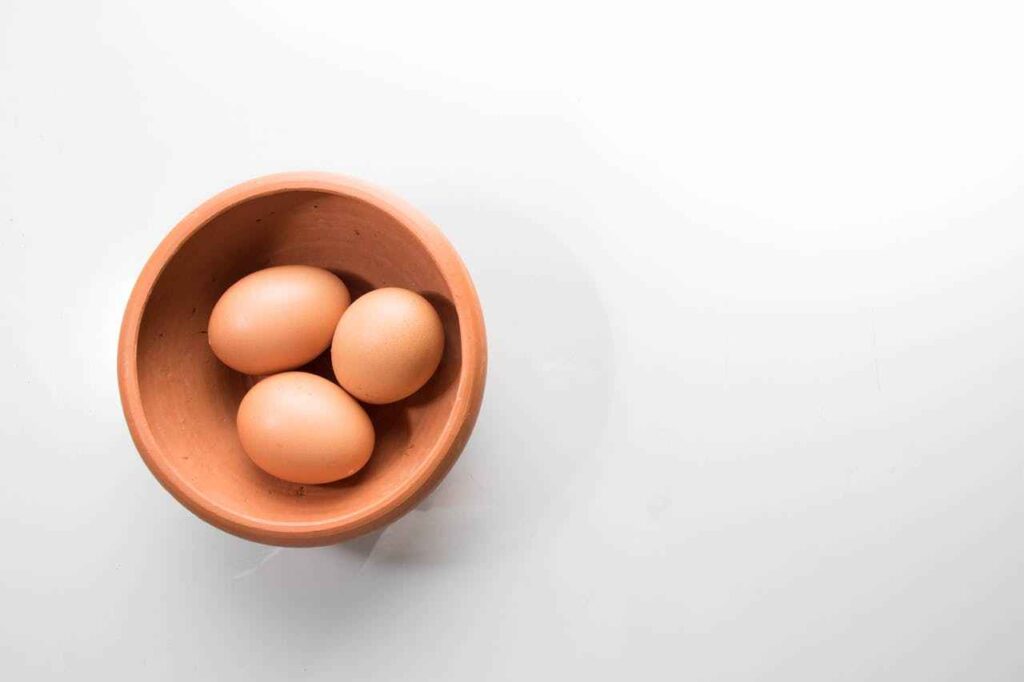
While not as iron-rich as red meat, poultry (especially dark meat) can be part of your best food for anemia plan. Turkey and chicken provide modest amounts of highly absorbable heme iron.
Eggs, particularly egg yolks, contain iron along with other nutrients beneficial for blood health. Though the iron content isn’t as high as meat sources, eggs are versatile and can easily be incorporated into various meals.
Plant-Based Powerhouses for Anemia
For vegetarians, vegans, or those looking to limit meat consumption, several plant foods can be the best food for anemia management when consumed strategically.
Legumes and Pulses
Legumes are iron-rich plant foods that should be staples in any anemia-fighting diet:
- Lentils: One cup of cooked lentils provides 37% of the daily value for iron
- Beans: Kidney, white, and garbanzo beans offer substantial iron content
- Soybeans and tofu: Excellent plant-based sources of iron
Besides iron, legumes deliver folate, magnesium, and potassium—nutrients that support overall health and wellbeing.
Leafy Greens
Dark leafy greens are often cited as the best food for anemia in plant-based diets:
- Spinach: Contains 15% of the daily value for iron per 3.5-ounce serving
- Kale: Provides iron along with vitamin C (which enhances iron absorption)
- Swiss chard: Offers iron plus various antioxidants
- Beet greens: Often overlooked but rich in iron
The iron in these vegetables is non-heme iron, which is less readily absorbed. However, their high vitamin C content helps enhance absorption.
Seeds and Nuts
Several seeds and nuts qualify as the best food for anemia within plant-based options:
- Pumpkin seeds: Particularly rich in iron
- Sesame seeds: Contain significant amounts of iron
- Cashews and pistachios: Higher in iron than many other nuts
Adding these to salads, smoothies, or eating them as snacks can help boost your iron intake throughout the day.
Dried Fruits
Certain dried fruits can be the best food for anemia when you need a convenient iron-rich snack:
- Dried apricots: Particularly high in iron
- Prunes: Offer iron along with fiber
- Raisins: Easy to add to cereals, salads, or eat as snacks
- Dried figs: Contain iron and other beneficial minerals
Fortified Foods: Strategic Additions
Iron-fortified foods can be the best food for anemia prevention, especially for those at risk:
- Fortified cereals: Can provide up to 100% of your daily iron needs
- Enriched bread and pasta: Offer added iron
- Fortified plant milks: Beneficial for vegans and vegetarians
These foods are particularly important for children, pregnant women, and those following restricted diets.
Maximizing Iron Absorption: Strategic Pairings
Knowing the best food for anemia is only half the battle—understanding how to maximize absorption is equally important.
Vitamin C: Iron’s Best Friend
Pairing iron-rich foods with vitamin C sources dramatically improves non-heme iron absorption. Consider these combinations:
- Spinach salad with bell peppers and lemon dressing
- Bean soup with tomatoes
- Iron-fortified cereal with orange juice
- Lentil stew with added greens and a squeeze of lemon
Excellent vitamin C sources include citrus fruits, strawberries, kiwi, broccoli, bell peppers, and tomatoes.
Foods to Limit During Meals
Certain foods can inhibit iron absorption and should be limited when consuming your best food for anemia:
- Calcium-rich foods: Separate dairy consumption from your iron-rich meals by at least two hours
- Coffee and tea: The tannins in these beverages can reduce iron absorption
- Whole grains: While nutritious, the phytates in whole grains can bind to iron
This doesn’t mean eliminating these foods but rather being strategic about timing.
Emotional Well-being and Anemia Management
Finding the best food for anemia isn’t just about physical health—it’s about emotional wellbeing too. The persistent fatigue of anemia can lead to:
- Decreased productivity
- Reduced enjoyment of activities
- Mood fluctuations
- Relationship strain
By nourishing your body properly, you’re not just addressing physical symptoms but reclaiming your quality of life. Creating a sustainable eating plan with the best food for anemia is an act of self-care that impacts every aspect of your existence.
Creating Balanced Meal Plans
The best food for anemia should be incorporated into balanced, enjoyable meals. Here are some ideas:
Breakfast options:
- Scrambled eggs with spinach and red bell pepper
- Oatmeal topped with dried apricots, pumpkin seeds, and a glass of orange juice
- Iron-fortified cereal with vitamin C-rich strawberries
Lunch ideas:
- Lentil soup with a side salad containing vitamin C-rich vegetables
- Tuna sandwich on enriched bread with sliced tomatoes
- Beef or bean burrito with salsa (tomatoes provide vitamin C)
Dinner possibilities:
- Beef or chicken stir-fry with broccoli and red bell peppers
- Shellfish pasta with tomato sauce
- Bean chili topped with vitamin C-rich vegetables
Jacob’s Choices
Anemia supplements
Special Considerations
For Pregnant Women
Pregnancy increases iron needs significantly. The best food for anemia prevention during pregnancy includes a combination of iron-rich foods and often supplementation as recommended by healthcare providers.
For Vegetarians and Vegans
Those avoiding animal products must be especially strategic about incorporating the best food for anemia prevention. Combining iron-rich plant foods with vitamin C sources at every meal becomes crucial.
For Children
Children experiencing growth spurts need adequate iron. Parents should ensure they’re providing the best food for anemia prevention through a balanced diet that includes iron-rich options appropriate for their age.
Conclusion
Combating anemia through nutrition is a powerful strategy that puts control back in your hands. By incorporating the best food for anemia into your daily meals and understanding how to maximize absorption, you can support your body’s blood-building processes naturally. Remember that severe anemia may require medical intervention beyond dietary changes, so always work with healthcare providers to develop a comprehensive treatment plan. With knowledge, planning, and consistent implementation, you can use nutrition as a cornerstone of your anemia management strategy and reclaim the energy to live your life fully.


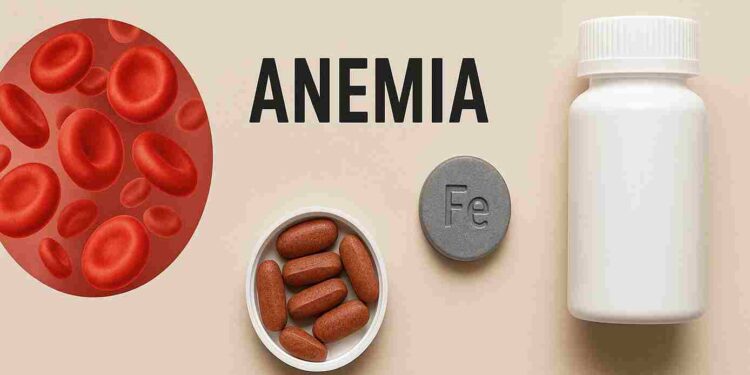




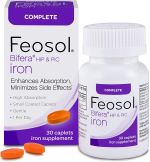

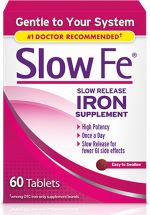
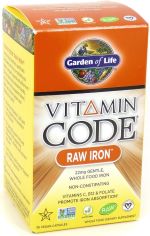

















Okay, lemme spill the tea on 68win24. Interface is… functional. Games are, well, games. Nothing jumps out as amazing, but nothing terribly wrong either. Just a solid, dependable spot for a quick go.
Star777bet’s got a cool name! Just wondering if anyone had a good experience with them? Good bonuses? Let me know! I’m looking for a new place to play. Explore it here: star777bet
Órale! Betmex, I gave you a shot and was pleasantly surprised! Registration was easy, and I found a game I really enjoyed fast. Hope to keep winning. ¡Que sigan los premios! betmex
Okay, I’ve been playing around with 13wwin and it’s actually surprisingly decent. The selection is pretty solid and I haven’t had any glitches so far. Give 13wwin a shot if you’re looking for something new: 13wwin
Anyone try out niceph25 recently. How was your experience?